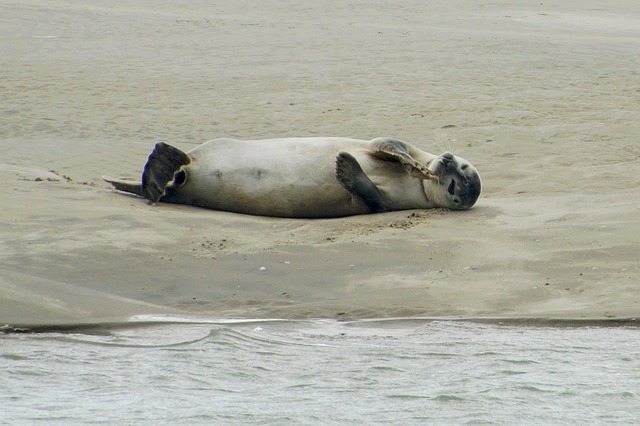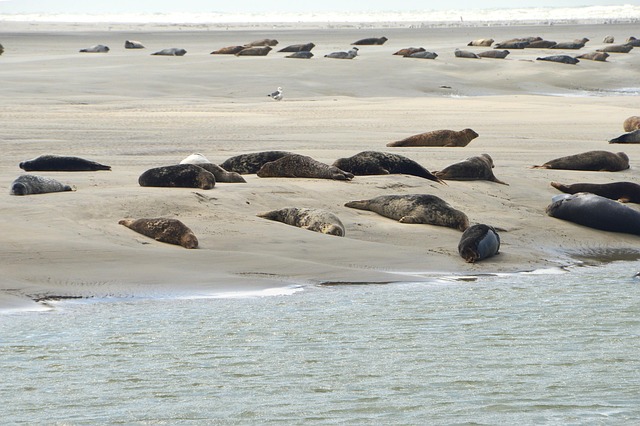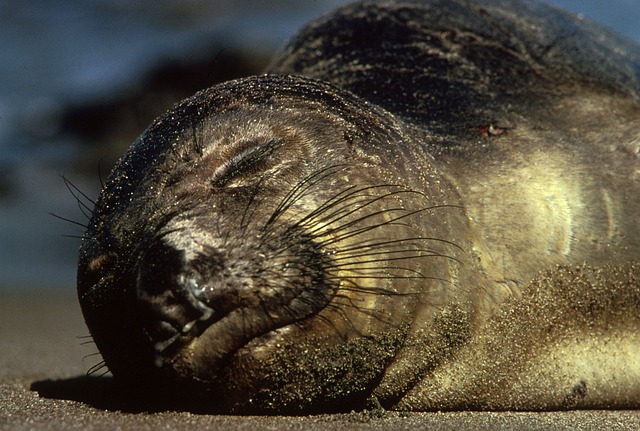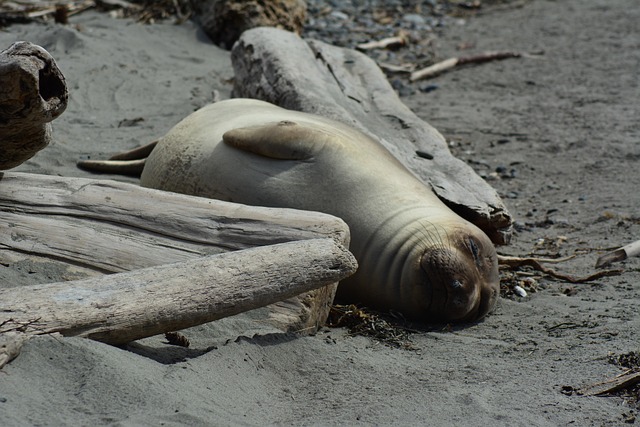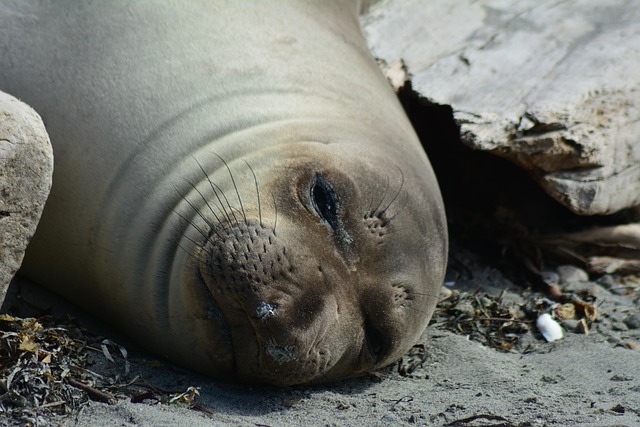The world’s largest seal species has suffered a catastrophic blow from avian influenza, with scientists warning that half of all breeding females at a key wildlife haven near Antarctica have perished.
++ Royal Christmas at Sandringham faces uncertainty amid choir walkout and Prince Andrew’s move
South Georgia, a remote British Overseas Territory in the southern Atlantic, is home to the majority of the planet’s southern elephant seals. The males of these colossal creatures can reach up to two metres in length, weigh nearly four tonnes, and sport the distinctive trunk-like nose that gives the species its name. Avian influenza reached South Georgia in 2023 during a global outbreak that has killed millions of birds and infected numerous mammals, including humans.
Earlier this year, researchers reported that bird flu had triggered the deadliest die-off ever recorded among southern elephant seals, spreading rapidly through colonies along Argentina’s coastline. A new study published in Communications Biology offers the first assessment of the virus’s toll on South Georgia’s population. “It paints a stark and harrowing picture,” said Dr Connor Bamford, a marine ecologist at the British Antarctic Survey and lead author of the study.
According to a 1995 survey, South Georgia accounted for around 54 per cent of all southern elephant seals worldwide. Researchers used drones to survey the island’s three largest breeding beaches in both 2022 and 2024. Following the virus’s arrival, the number of breeding females plummeted by 47 per cent — a loss of approximately 53,000 seals.
Many pups also died after being abandoned by mothers infected with bird flu. On Argentina’s Valdés Peninsula, scientists found that 97 per cent of elephant seal pups perished in 2023, either from infection or neglect, while an estimated 67 per cent of breeding females were wiped out.
++ Historic first: surgeon performs remote stroke operation from across the Atlantic
“If the South Georgia population responds in a similar way, the outlook is grim,” the study’s authors warned.
However, Dr Bamford said he did not believe the species faced imminent extinction. With South Georgia’s seal population numbering in the hundreds of thousands, it is expected to be more resilient. “That being said, the impacts on this population will be felt for many years to come,” he added. For the Valdés seals, scientists predict the repercussions of the outbreak could persist until the end of the century.
Researchers believe the virus spreads between seals through water droplets, particularly as they gather in dense colonies on sandy breeding beaches. “There are thousands of them together, all coughing and splattering,” said Dr Bamford, noting that elephant seals are also notably “snotty”.
